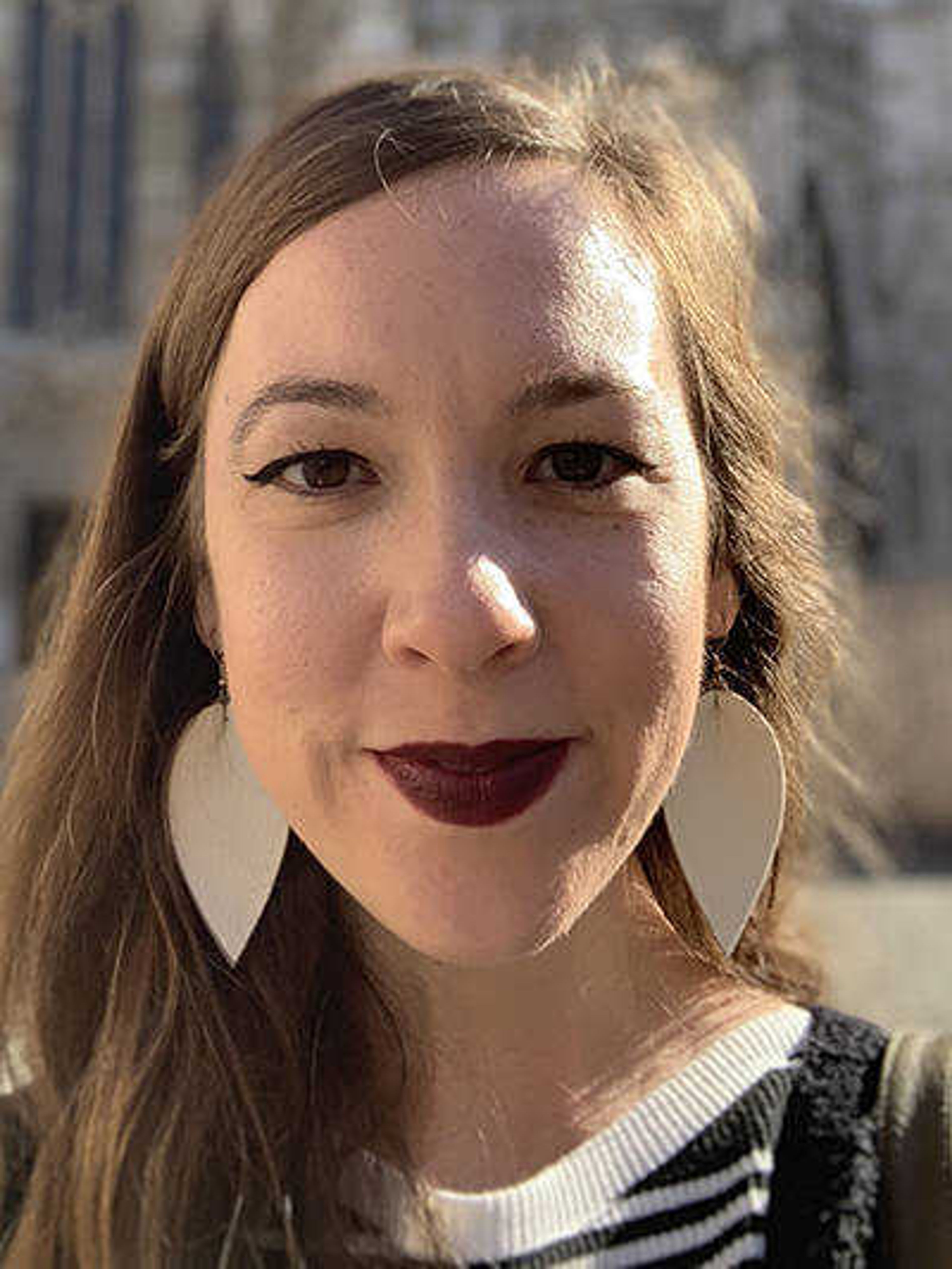They did not yet understand
I always identify deeply with the stories in the Gospels that detail what happened after Jesus' Passion, that time in between the disciples' discovery of the empty tomb and God sending the gifts of the Holy Spirit and understanding to them. I love the humanity represented in these stories, the validity Scripture gives to being fully human. ...
By Mia Pohlman
I always identify deeply with the stories in the Gospels that detail what happened after Jesus' Passion, that time in between the disciples' discovery of the empty tomb and God sending the gifts of the Holy Spirit and understanding to them. I love the humanity represented in these stories, the validity Scripture gives to being fully human. The people in these stories experienced fear, delight, confusion, excitement, doubt, disappointment, grief, remorse, expectation, dejectedness, wonder and hope, all before understanding what had happened and their own roles in continuing the story. They felt, at an intuitive level, that something deep and wonderful was happening, but, as John 20:9 (NAB) says, "They did not yet understand the Scripture ..."
I love those words: "They did not yet understand." The disciples needed this space to revel in feeling, to be strengthened and given something they could remember before they would go out to do hard things that would ask for sacrifice, trial and their very lives. This space of not yet understanding was, perhaps, a kind gift from God, a time for them to live in amazement, expectation, wonder, awe and hope, to be drawn together in the sweetness and challenge of not yet knowing what would happen.
Later, God honors their desire for understanding by gifting them with the Holy Spirit. The Holy Spirit enlightens them and enables them to go forth to do what God is calling them to. This understanding is a prerequisite for their mission, provided when the time is right. It is also a gift from God, channeling the disciples' desire to live with purpose the gift of witness, love and faith Jesus gave them with his own life.
I imagine God smiling during both these spaces of time, knowing the desires of their hearts and how God was fulfilling and would continue to fulfill them in new and beautiful ways. It's something I've been learning lately: the Lord wants to delight us. The Lord takes us seriously, and answers our prayers.
Pope Francis, in reflecting upon Luke 24 in which Peter runs to the tomb, speaks of this goodness of God. He makes the point that Peter, when Mary tells him of the empty tomb, rises up and runs to it. This, Pope Francis says, marks Peter's resurrection, because he is willing to look for Jesus, rather than stay stuck in his own thoughts and guilt of his betrayal. He is willing to hope he might be amazed.
Pope Francis goes on: "Let us not stay imprisoned within ourselves, but let us break open our sealed tombs to the Lord -- each of us knows what they are -- so that he may enter and grant us life ... Christ wants to come and take us by the hand to bring us out of our anguish ... May the Lord free us from this trap, from being Christians without hope, who live as if the Lord were not risen, as if our problems were the center of our lives."
Todays is a day to rejoice. The stories of the disciples after Jesus' Passion and before his Ascension encourage us: the rest would come in its time, but for now, "They did not yet understand." So they did what they could and lived out their amazement. We can, too.
Connect with the Southeast Missourian Newsroom:
For corrections to this story or other insights for the editor, click here. To submit a letter to the editor, click here. To learn about the Southeast Missourian’s AI Policy, click here.










